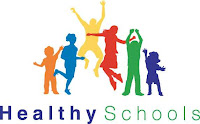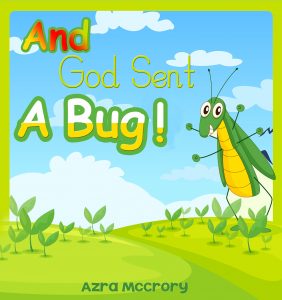Early Intervention and Early Detection

By: Azra McCrory of Wizdom Kids
10/24/14 – (modified 6/13/17)
Article Reviewed By: Professor Mary Williams of Kaplan University
THE IMPORTANCE OF EARLY INTERVENTION
Early intervention services can identify the unique strengths and needs of the child, as well as provide family assessments (ECTA Center, 2014).
Family assessments are a way to locate the services needed for the child, the overall concerns and support systems available, and other needed resources (ECTA Center, 2014). Another benefit to early intervention is the opportunity to understand the financial options you have to ensure your child gets the assistance needed.
SCREENINGS, EVALUATIONS, & ASSESSMENT
Screenings are used to pre-determine whether an infant or child is at risk for a disability or if there is an existing disability. The goal of screening is to find out what children are in need of, and provide a more detailed assessment (Allen, Eileen, 2011).
Evaluations and assessments are a part of the process to determine a child’s eligibility initially and on a continual basis (ECTA Center, 2014). All screenings, evaluations, and assessments are performed by qualified and trained personnel (ECTA Center, 2014).
All of the procedures and resources used to perform the screenings are used to determine the appropriate services for the child with special needs.
DEVELOPMENTALLY APPROPRIATE ACTIVITIES
Here is A Quick Glance at Developmentally Appropriate Activities that can assist with early detection through observation; help children overcome developmental delays through the healthy interaction, engagement, and learning opportunities in the everyday classroom, and furthermore; provide a simple framework of what things you should see in classrooms that contribute to development and growth of children delayed, developmentally normal for age expectations, and even developmentally advanced.
Activities can build friendships, improve skills, and even build self-esteem (Metro Kids, 2010). Another wonderful thing about some activities is inclusion. Drama is an activity that promotes social skills naturally (Metro Kids, 2010). It also is a way to model behavior, and is found to be a great activity for children with AD/HD (Metro Kids, 2010). Industrial art or technology can also help children with abstract concepts and even helping with the improvement of fine motor skills with activities that involve working with the hands (Metro Kids, 2010). These are activities I am sure boys would love, due to the opportunities to be loud, pretend drilling, and pounding on objects as if pretending to do construction of some sort.
Photography is a great way to help children share how they see the world (Metro Kids, 2013). Children with various different special needs, as well as children without special needs enjoy photography. This activity is actually a great way to get special needs children playing together with other students. Handling the camera is another way to work on gross motor development.
EFFECTIVE STRATEGIES
If you are working with children who have short attention spans: try setting clear expectations for the class as a whole, and you can even break assignments down into smaller projects to help children prioritize and refocus (Concordia Online Education, 2012).
In busy classrooms you can be faced with the need to manage constant changes, but fear not, this can be thwarted by adding creativity to your lessons, and creating lesson plans to fit each student accordingly (Concordia Online Education, 2012). Also, stay flexible with your lessons and teaching aids, while trying to maintain schedules and routines to keep order (Concordia Online Education, 2012).
Although teaching effectively usually requires trial and error, an effective teaching strategy could be to reach out to other teachers and get some advice and strategies that have worked for them (Concordia Online Education, 2012).
LOCAL SERVICES AVAILABLE (OHIO)
Psychological Services, the Ohio Coalition for the Education of Children with Disabilities (OCECD), American Speech Language and Hearing Association (ASHA)
- Local services that assist families and children with special needs are: Helping Hands, OCECD, American Speech Language and Hearing Association (ASHA).
- With these various organizations you will get psychological and therapeutic services, a network association to inform parents of their rights and connect them with the services they need, and provide children with language and speech services.
*Please research the services in your local state and city. Also, childcare centers are a good resource for these references/tools.*



